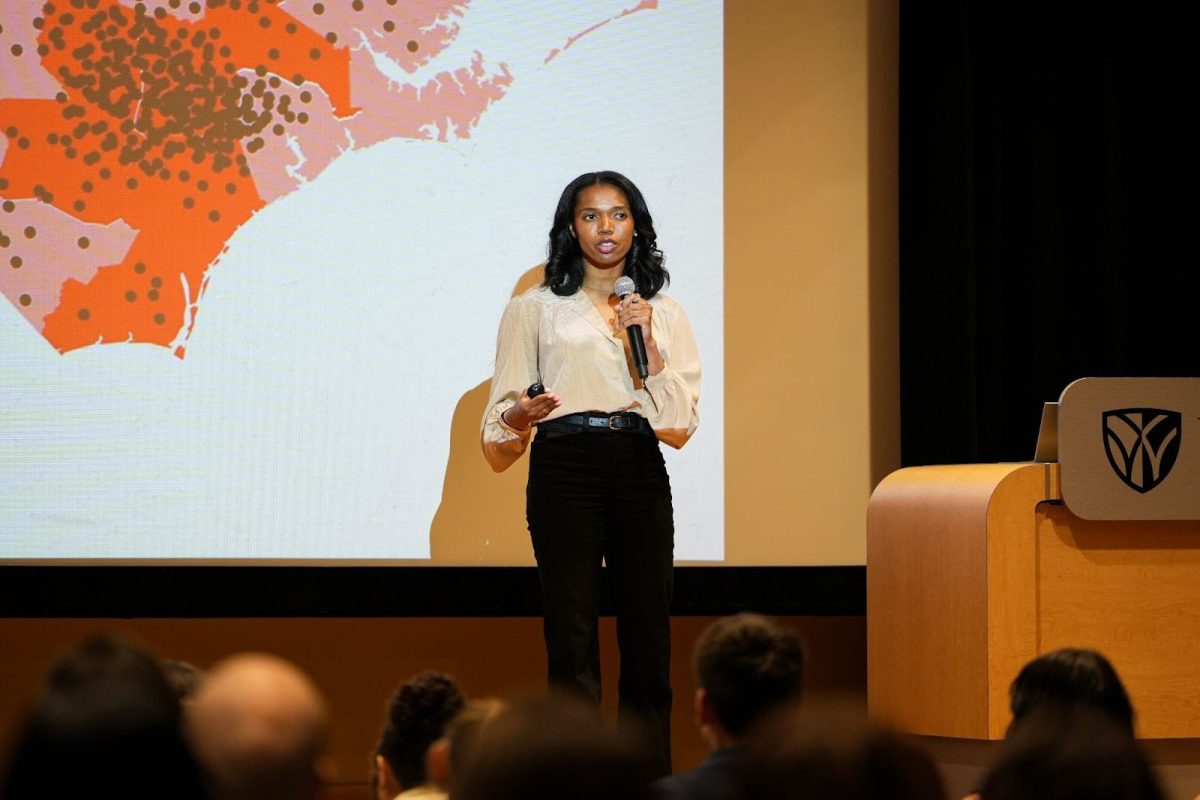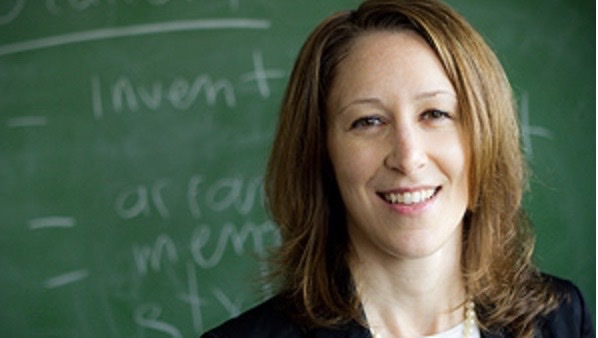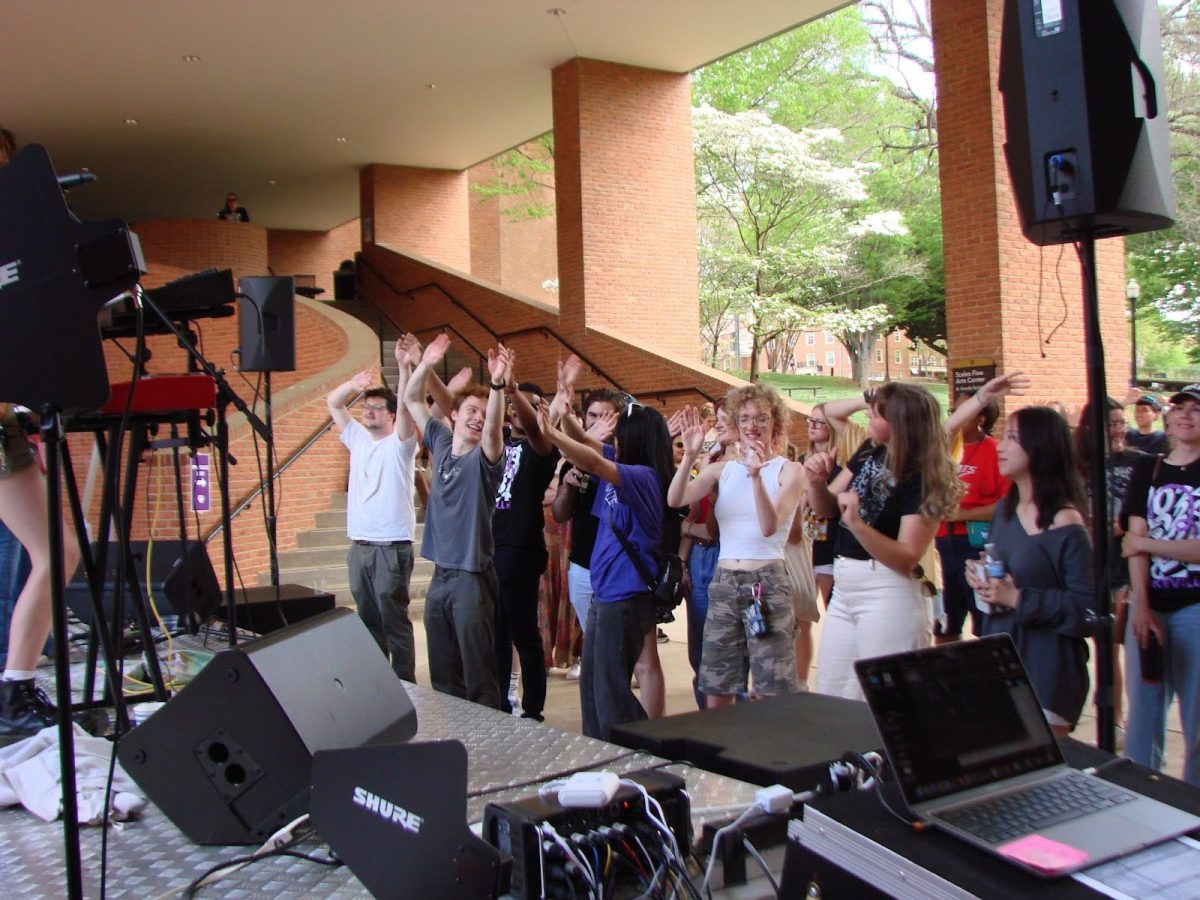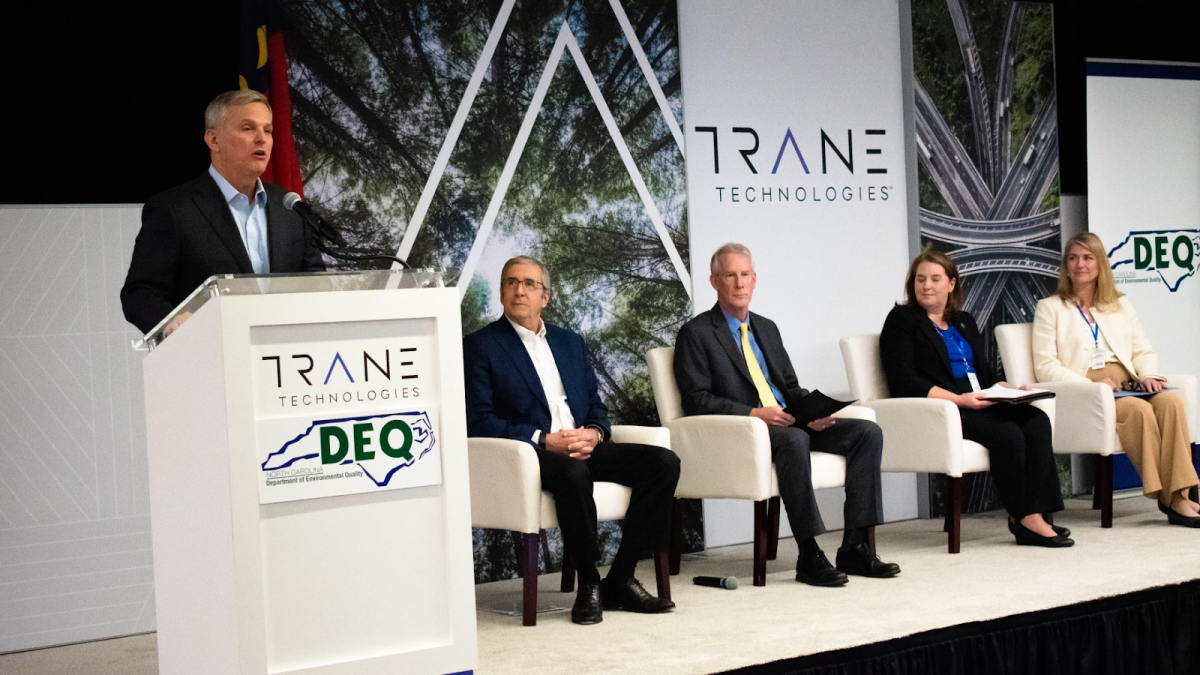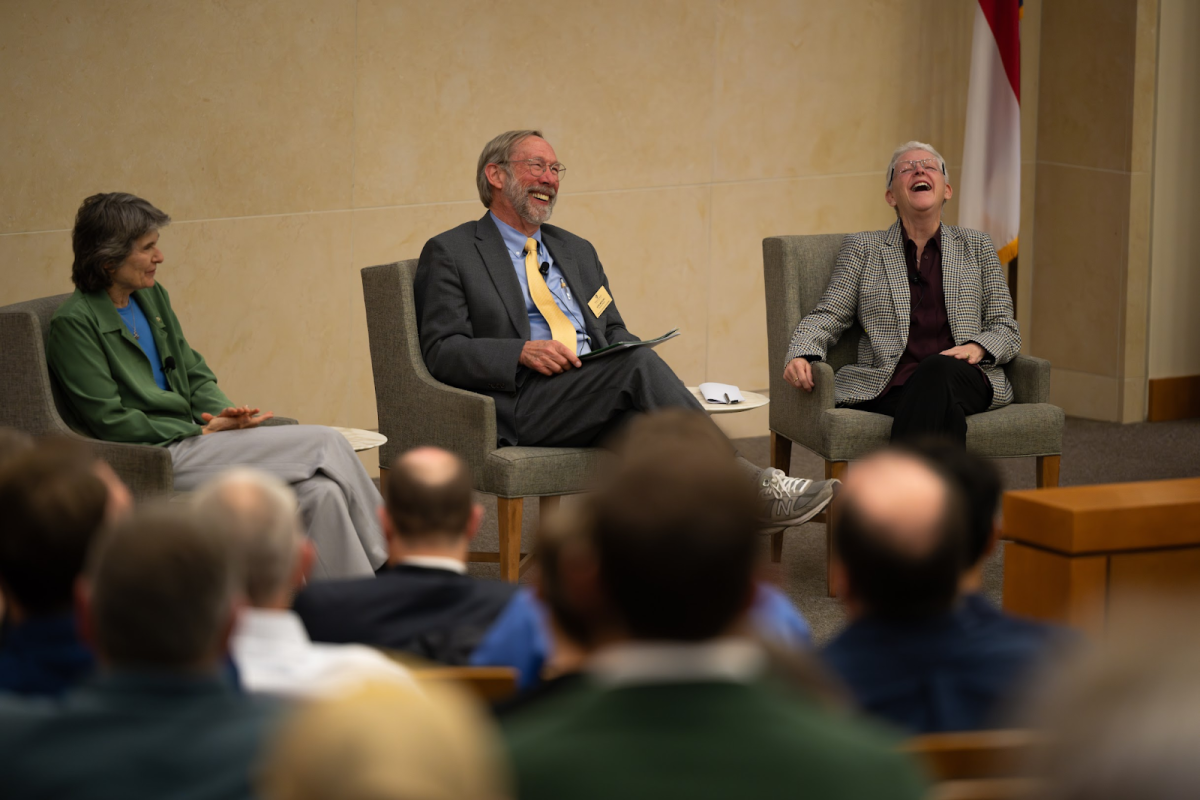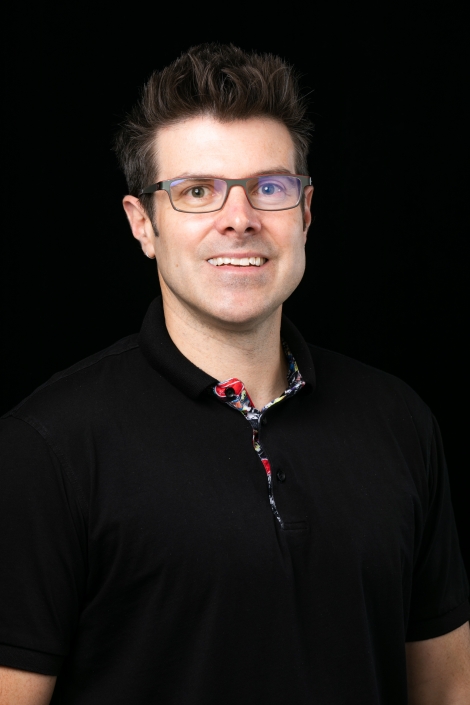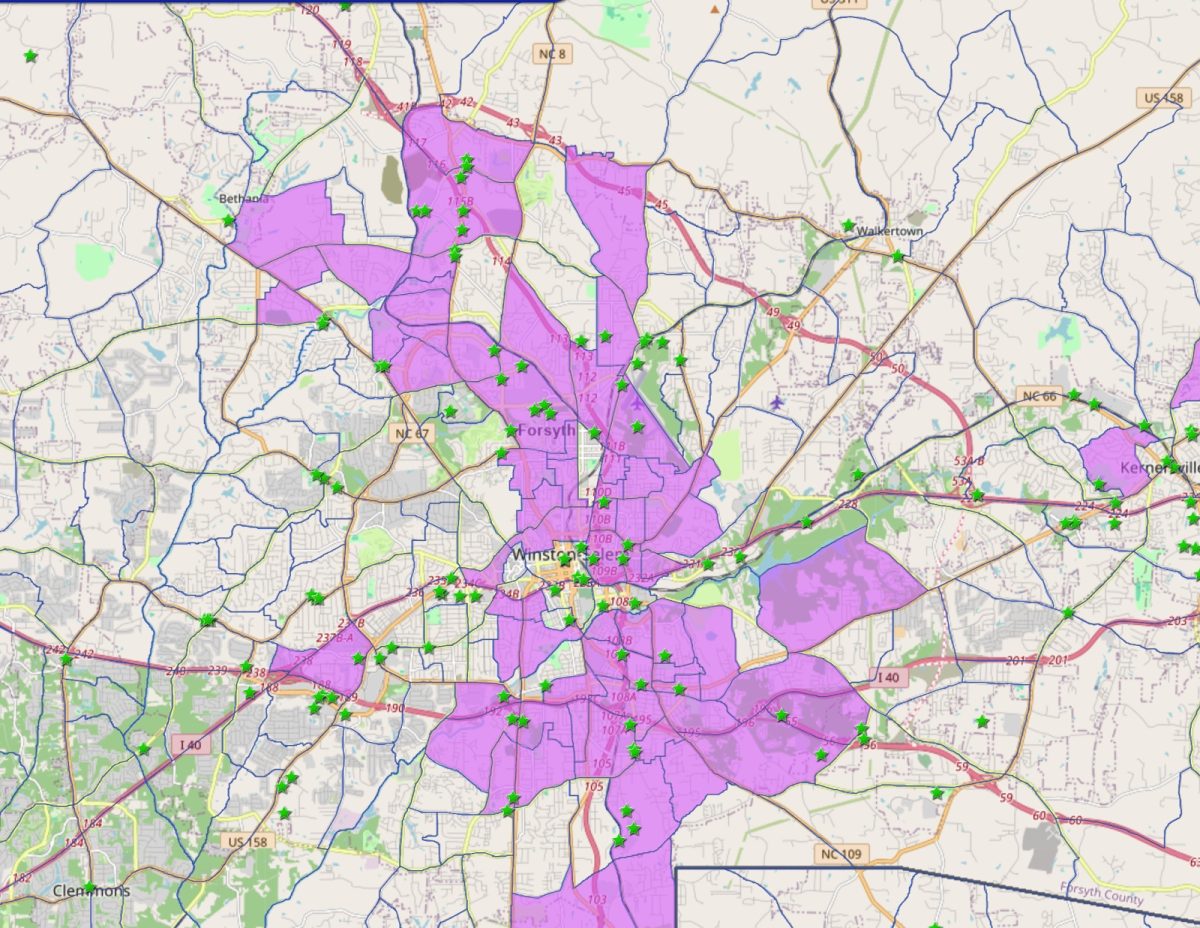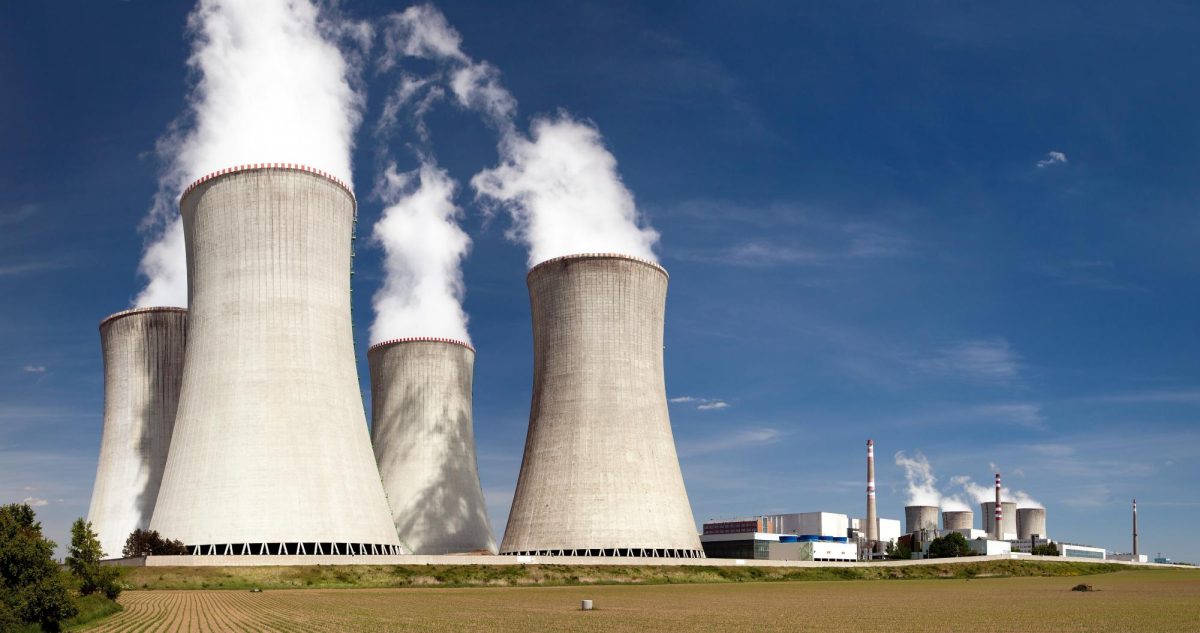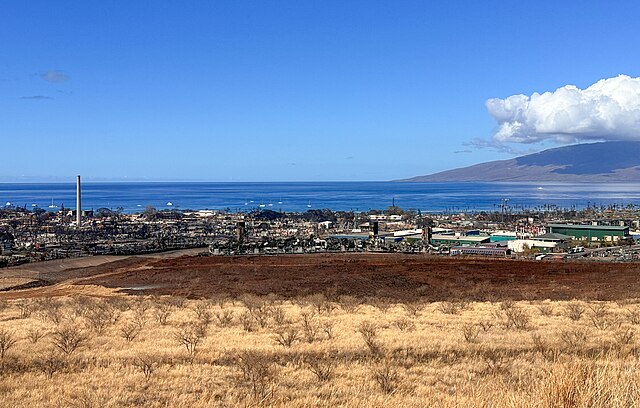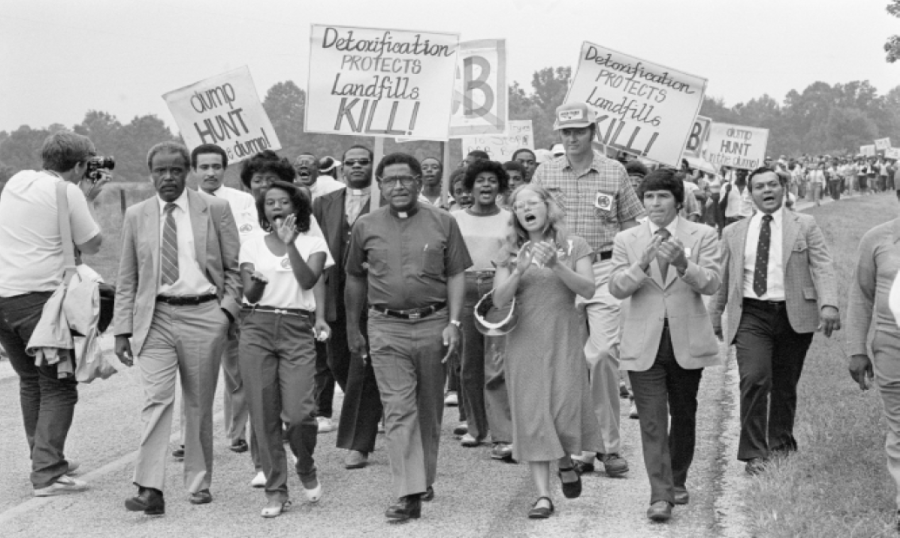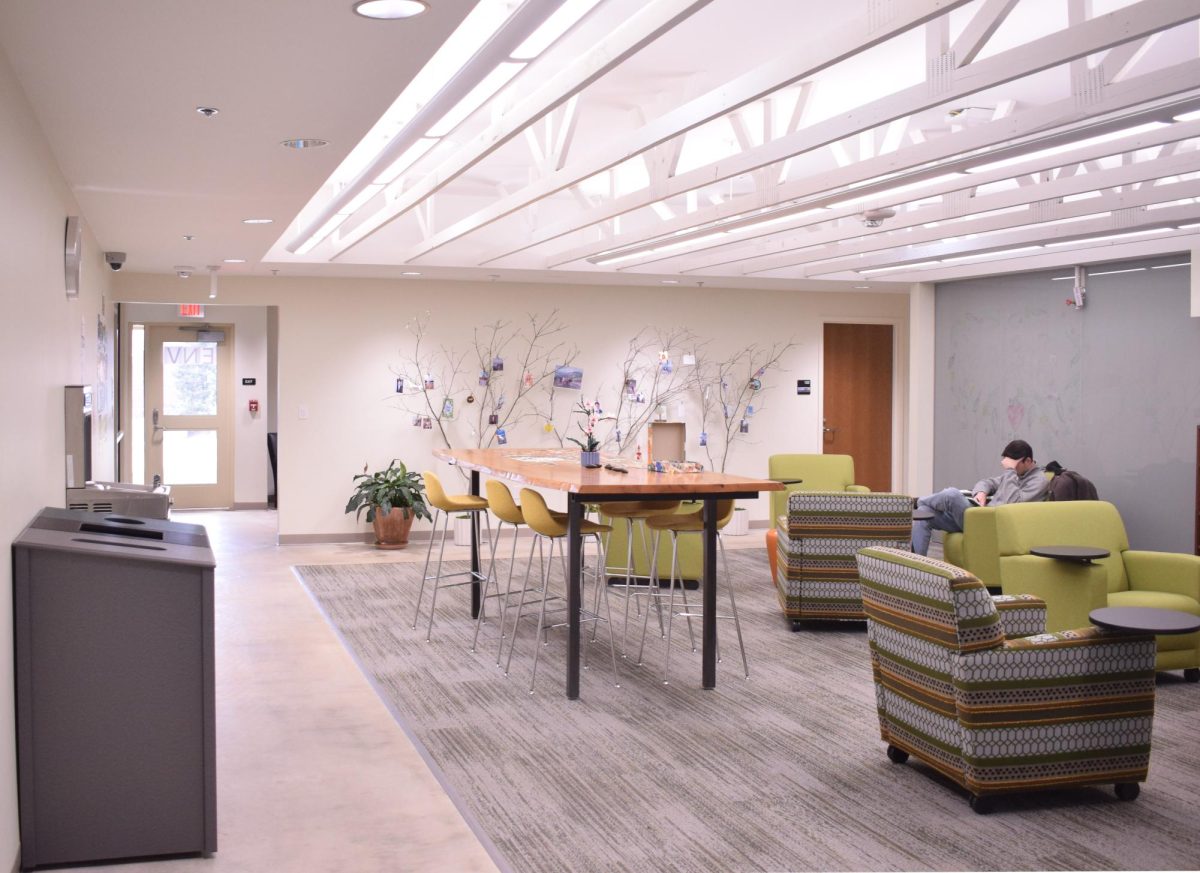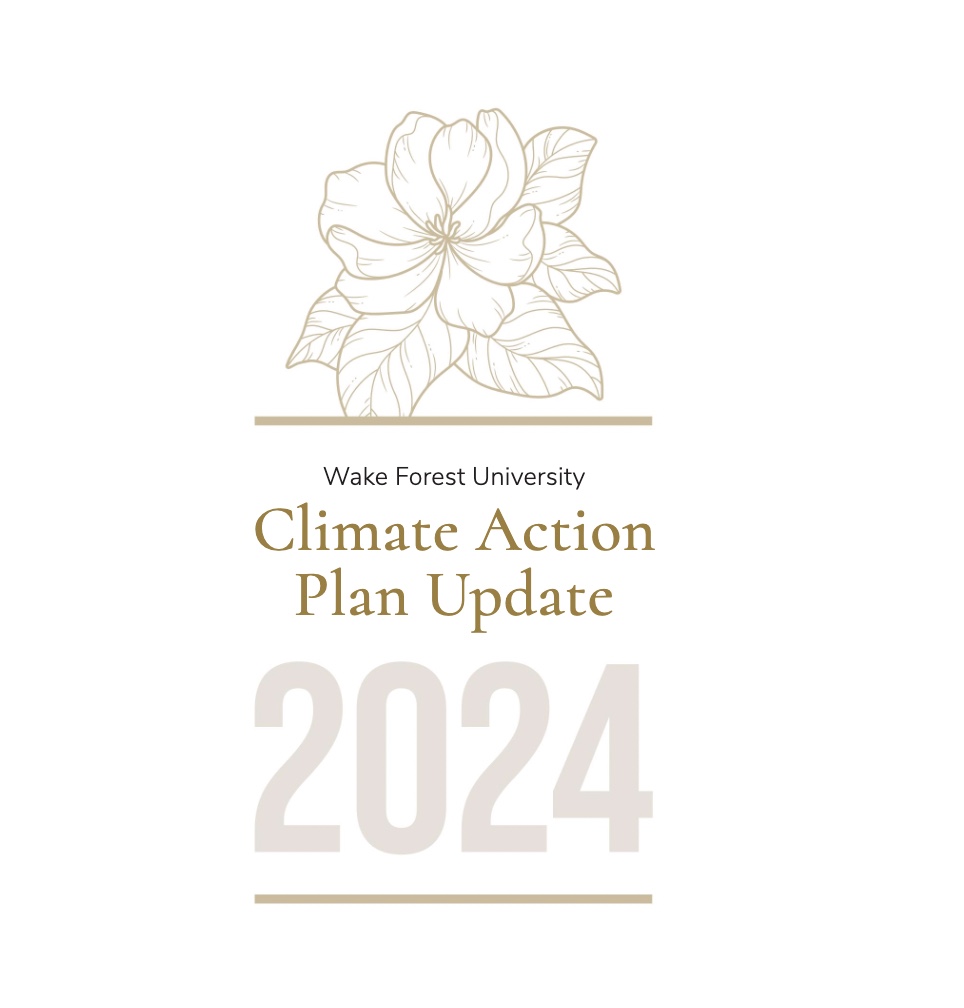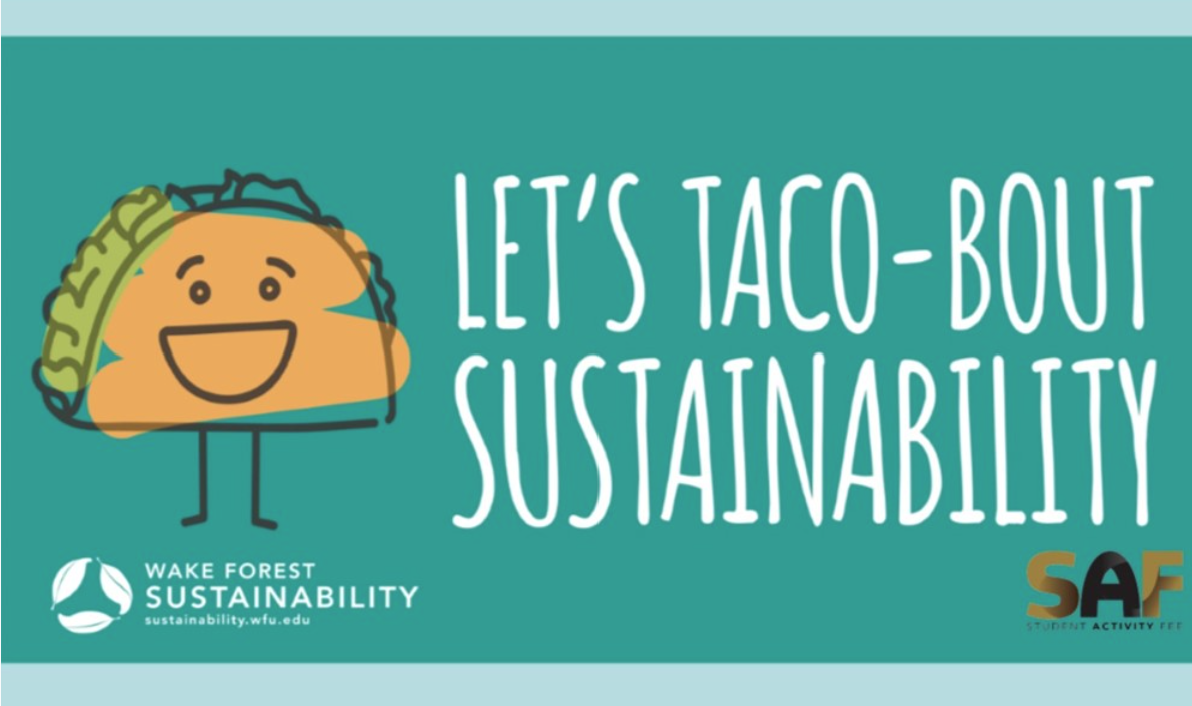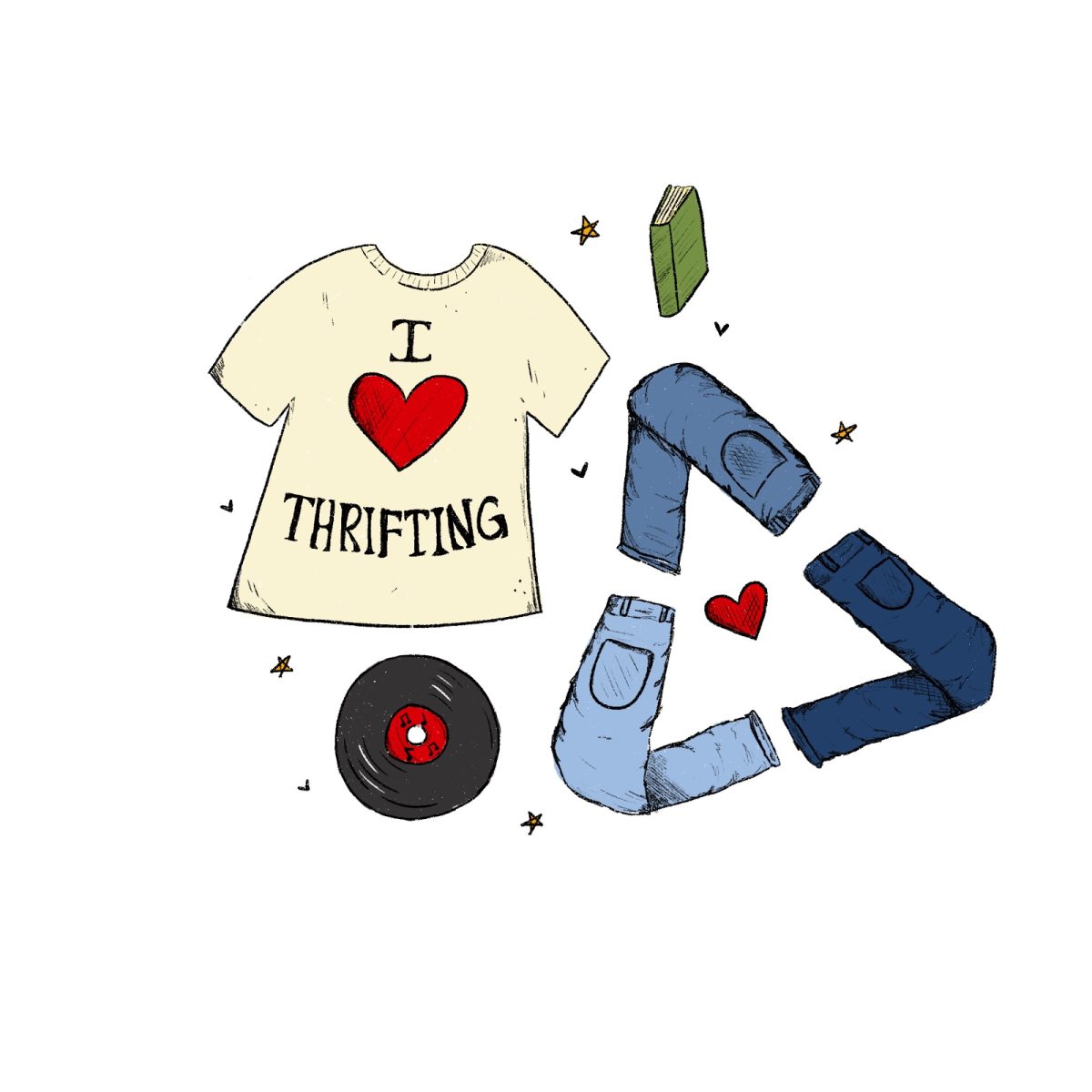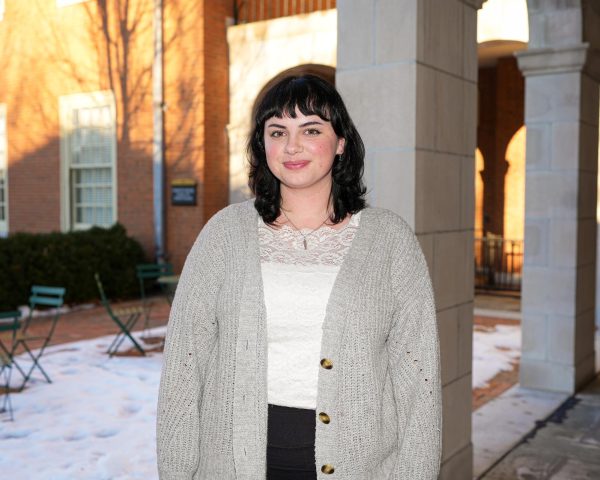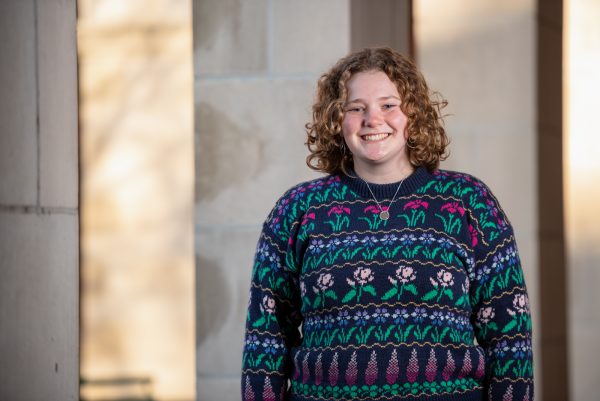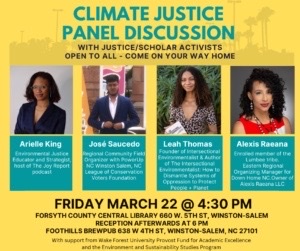
Editor’s note: This conversation was edited for brevity and clarity.
On Friday, March 22, the Environment and Sustainability Studies program hosted a Climate Justice Panel Discussion. Four scholar-activist justice panelists joined: Arielle King, José Saucedo, Leah Thomas and Alexis Raeana. Environment Editors Addison Schmidt and Ella Klein sat down to discuss the panel and the discussions incited around it.
King is an environmental justice educator and strategist, who hosts a podcast called the Joy Report, centering her climate activism around intersectionality and optimism. Thomas is an author and activist who founded the Intersectional Environmentalist, coining the term incorporating justice into sustainability. Raeana is an enrolled member of the Lumbee Tribe and the Eastern Regional Manager of Down Home NC. Saucedo is a Winston-Salem-based activist who works with PowerUP NC Winston-Salem as the Regional Community Field Organizer.
Addison Schmidt: So we went to the talk two Fridays ago, and I found it incredibly insightful. I thought there was a wonderful lineup of people. I’ve been wanting to ask, what was your favorite part of the talk?
Ella Klein: I was excited in general. I’ve had some classes where the Intersectional Environmentalist was my textbook. I’ve read [Thomas’] work for so long; it was exciting to see her in-person. I wasn’t as familiar with the other panelists, but I feel that the panel did a great job of helping you get to know them.
Schmidt: I appreciated hearing from [more well-known] names like Thomas and King. It was super exciting. However, I also really enjoyed the perspective of José Saucedo and Alexis Raeana, the two more local panelists –– especially José, because he does his work here in Winston-Salem.
Klein: I was also excited to hear from [Saucedo]. I feel like I’ve gotten involved in environmental circles in Winston, but it reminded me that there are still many more environmental activists for me to meet in town.
Schmidt: That’s one great thing about the reporting we are trying to push, whether through your [article about the] Weaver fire or others, that focus on the community. Likewise, the environmental program has a focus now on getting out more in the community and involving students, which I think is incredibly important.
Klein: I agree. I also thought it was amazing that the panelists emphasized the point of community so much. [Raeana] brought up that awesome point about how community organizing is the way to go with environmental activism, and that’s such an undervalued point.
Schmidt: We’re in [an] interesting space right now, from my perspective, in the environmental movement. So many people are starting to become aware of environmental issues and want to get involved in activism; however, people aren’t exactly sure how to do that. Community organizing sounds more complicated than the go-to of urban gardening or other forms of individualized action. I’m happy we’re in this space where people are recognizing the importance of community action and coalition building, while also seeing individual action is important.
Klein: I can’t emphasize [enough] to people the point of community building. A lot of the time, that does come from volunteering in a community garden. You meet so many great people and can really build connections. It’s a way for me to further my activism as an environmentalist and as a journalist. Honestly, I don’t think you can be a fully unbiased journalist, especially with environmental reporting.
Schmidt: No, I would agree. That’s something I think about a lot –– it’s kind of a myth.
Klein: Honestly, it’s why I like the field so much. It’s a section of journalism that accepts the humanity of writing. It’s so essential to keep your personhood in there, especially when you’re talking about environmental reporting. They gave us a shout-out at the end of the panel, and it reminded me that I do the best work when I keep my community in my stories.
Schmidt: I agree. It was great to hear that people in the community were reading our work. One thing King talks about is the concept of radical imagination.
“It’s about living in the world as it is and daring to believe that something else is possible,” King said.
That stuck with me because I think that we get doom and gloom in the environmental movement. Honestly, it’s hard not to. Some of our reporting has been going along with it, because there are other things, like the spring equinox. I like that we try [to] focus on the joy in the environment because, ultimately, that’s why we’re protecting it. Of course, we need it to survive, but it goes beyond that, you know?
Klein: I loved listening to King. I think it’s fun to see someone who’s having so much fun with their activism. When you are talking to your peers and community members about environmentalism, it’s important to not approach it with a scarcity mindset. Tell them we could have so much green space, and all connect with nature. All of our animals could be cared for. We could be amazing stewards of the earth. We could live in a utopia, which is a radical concept to some people. It was wonderful they talked about that and tied it back to the community.
Schmidt: I think that links to when Saucedo was talking about barriers to environmental justice organizing, [and] he mentioned education. A lot of people who are most affected by environmental issues don’t have the terminology or the resources to talk about in the form of environmental justice. It’s really powerful, and that goes along with the point you emphasize about community organizing.
Klein: [Saucedo] is just a cool guy. I’m excited that there are these awesome activists out there in Winston-Salem fighting for the cause. What he was talking about is a definite barrier. Especially here, it’s sometimes hard to get the people who are impacted most involved – it takes time, energy, education and resources — all luxuries that I feel so many people don’t have.
Schmidt: Yeah. I would love to see more synergy between [Winston-Salem] and Wake [Forest], especially on the environmental front. As the environmental program expands, there’s a big opportunity for that.
Klein: In all honesty, I think it’ll be a difficult time for the University to get the environmental community in Winston-Salem fully on their side. I think we’ll see that happen one day, and I would love for it to come to fruition. However, I do think it would have to come with a lot of institutional changes that I’m not sure if the University even knows how to make — but I would love to see them.
Schmidt: I agree. Again, I enjoyed the talk. It was such a great opportunity to learn from the panelists and brought up so many great discussions. I hope that the university will do more things related to environmental justice in the future.





